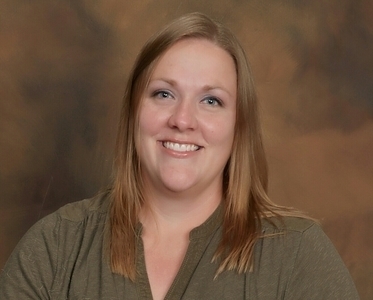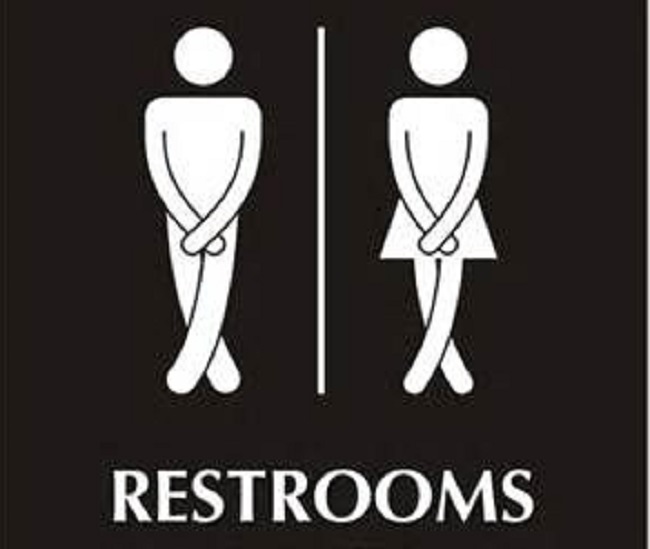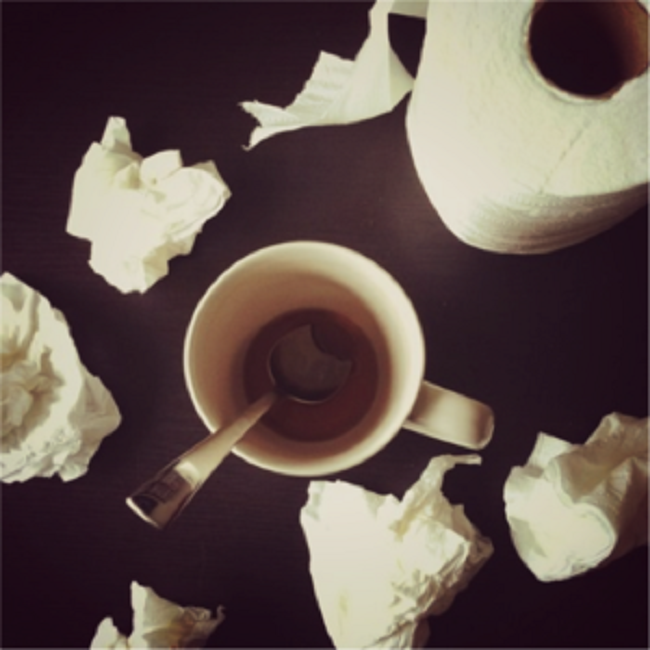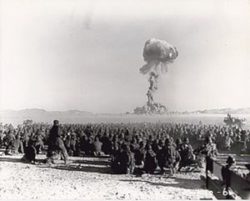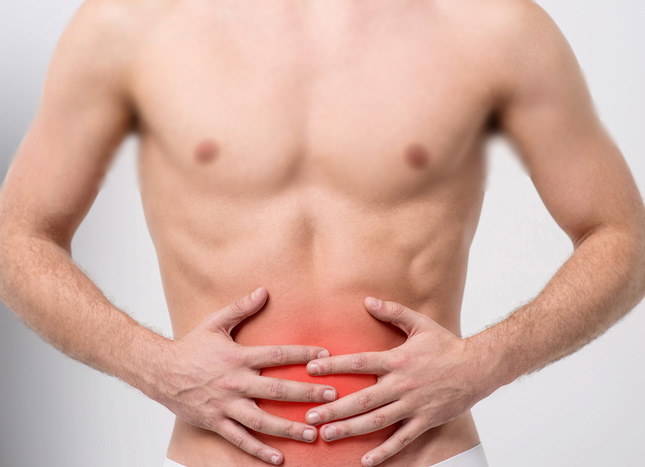Living with interstitial cystitis (IC) is hell.
I started noticing symptoms when I was 13 years old. I kept going to the restroom feeling like my bladder was full, but there would be no urine. This was 1998, and much less was known then about interstitial cystitis than is now. My family doctor had no idea what was going on and referred me to an urologist. That doctor initially thought I had pelvic bones pressing on nerves and suggested chiropractic therapy. That gave me some relief, but symptoms got worse so I returned to the urologist two years later. This time she suspected IC and wanted to perform a cystoscopy. Back then it involved being in an operating room and put under anesthesia. Today they are usually performed in the clinic. The cystoscopy revealed bleeding in my bladder walls, and I was officially diagnosed with interstitial cystitis.
Trying Various Treatments
The first treatment I tried was the oral pill Elmiron, which is specifically supposed to treat IC. I took that for a year with no relief. I then had an Interstim implanted in 2002. This is similar to a pacemaker but is implanted in my low back and hooked up to nerves related to my bladder. It sends electrical pulses to try to override the constant feeling of a full bladder – basically it’s supposed to tell my bladder to shut up. This took the edge off my symptoms for ten years, but it no longer helps and my symptoms have worsened. I have had seven surgeries related to the Interstim, including a battery replacement and wire revisions. I switched to an urogynocologist in 2014 and he performed the last two wire revisions.
I have also tried using Botox to mange my symptoms. A catheter is inserted and Botox is injected with a needle several times directly into the bladder wall. I was given a valium prior to the procedure, but it was still painful and I was in pain for about five hours afterwards. Botox ended up not helping my IC either. My urogyn wanted to try another injection with a higher dose of Botox, but I did not want to go through that pain again and I could not afford it. I have group health insurance with a $3500 out of pocket. Botox injections cost all of that.
I tried acupuncture a few times, but that seemed to make my bladder worse. I went back to trying oral medications. Today I take six medications daily – prescription gabapentin for pain relief, Myrbetriq to decrease the urinary frequency, and hydroxyzine, an antihistamine that can help with bladder pain. I also take over the counter marshmallow root, d-mannose, and Azo bladder control pills. I also have prescription hyophen (a smooth muscle relaxer) for flares. I take a lot of OTC Azo UTI pain relief pills, but not daily. I have taken OTC Kratom pills (a herb), too, that help the pain a bit.
What Interstitial Cystitis Feels Like
I read a meme relating to chronic disease that said “my life consists of tolerable pain and intolerable pain.” I’ve never seen anything more truthful. I have good days and bad days with IC. On good days, symptoms are always there but they are tolerable. I have constant urinary urgency that varies in intensity. I have pressure and pain in my urethra and pelvic region. I do not have the option to “be sick” and stay in bed every time I do not feel well, otherwise I would spend 90% of my life in bed. I have to go about normal functions in life while enduring pain that would make most people unable to move. And those are my good days.
A bad day is when my IC flares. Flares are when symptoms go from a 5 to a 10 and pain hits me like a brick. They happen at any time. They vary from lasting a week to two months. They feel like a sharp burning pain as though my bladder and/or urethra is touching an electric fence. Sometimes it feels like my bladder walls have turned to stone or are swollen and putting pressure on my whole pelvic area. Sometimes it feels like my urethra is pinching against itself as tightly as it can. I have things that help calm the flare a bit (bladder instillations where medication is inserted directly into the bladder through a catheter, steroids, baking soda in water, ice packs), but for the most part I just have to ride it out until the pain subsides to a tolerable level. For some reason, the doctors I go to will not prescribe pain medicine for flares. I have considered pretending I hurt my back so that I could get pain meds, because I know I will not get them if I say I have bladder pain due to IC. It pisses me off that people can fake pain and get pain meds, and I have actual pain and I cannot get any pain meds.
Those are my physical symptoms. There are also a lot of mental aspects that come with this disease. IC is very hard to live with because I do not look sick. There are no obvious signs on the outside of my body that anything is wrong (aside from surgical scars). I smile and laugh and have fun, all while inside my bladder is fighting me. Treating IC is frustrating because symptoms vary widely from patient to patient, so treatment options vary widely as well. I wish it was like a headache where I could take an aspirin and get relief.
On really bad days during a flare when the pain has been unending and I am exhausted and have been crying from pain, thoughts of suicide come to mind. I think that’s a natural reaction. I would never act on those thoughts, but they come because it seems like the only way to get relief from the pain.
Living With Interstitial Cystitis
IC has made me unsympathetic towards people with minor pain. If I see someone with a broken foot who is crying, I do not feel bad for them. A friend had her tonsils removed and was complaining about the severe pain. I did not feel bad for her. I would give anything to have that kind of temporary pain rather than the pain I have to live with on a daily basis. IC has made me jealous of mothers, because I do not know if I will be able to have children. I do not know how I can raise a child when I do not feel good the majority of the time. I am jealous of women who have vaginal deliveries. That will not be an option for me if I can have children.
My food and drink have limitations. I gave up pop several years ago, but I still struggle giving up coffee. I do not drink it daily but it’s been hard to eliminate, even though I know when I drink it will have to pay for it with increased burning with urination. I avoid tomato products and other spicy foods as much as I can. I recently started cutting out anything that has citric acid in it, and that seems to help a bit.
You lose a sense of privacy when you have IC. A friend commented how she got over being nervous about pelvic exams after giving birth to her first child. I thought, I’ve been putting my feet in stirrups since I was 14 years old. I got over that a long time ago. I’ve gotten so used to not being able to wear pants during clinic visits that one time after a bladder instillation, I hopped off the table and started getting dressed before the nurse was even out of the room.
When I feel down and think about all that IC has taken from me, I remind myself what this disease has given me. I have more strength than the average person. I am capable of pulling myself up after being repeatedly knocked down. I feel a bond with other people who have chronic illnesses because we know what it is like to grieve over the healthy person we used to be, and grieve over the person we will never get to become. It has made my faith in God deeper because I trust in Him no matter what.
I also feel empowered. I have had IC for most of my life and have tried several different treatment options. I do not know everything about this disease, but I learn more about it with each treatment I try and each year that I live with it. I love being able to give advice to other people suffering from IC and tell them what my experiences have been. At the last appointment with my urogyn a few months ago, he asked if I could do him a favor. There was a 17 year old girl in the next room, crying and in despair because she was in pain and no one understood what she was going through. He asked if I could talk to her. I walked into the room and saw this young girl with red, puffy eyes holding Kleenexes in her hands. She reminded me of myself when I was a teenager and first diagnosed. I wrapped my arms around her and said, “I know exactly how you feel.”
IC can be a very lonely disease. I have a wonderful family who are extremely supportive, especially during flares. But I have found one of the best things to help is when I can reach out to others who are going through the same struggles I am, whether I am the one giving support or being supported. I am beyond grateful for the Facebook IC support group I am in. It is wonderful to be able to ask questions about treatments or diet, or even just vent when in pain.
Living with IC is not easy. I have accepted that this is the battle God knew I would be strong enough to fight. And I am fighting. And I am living.
